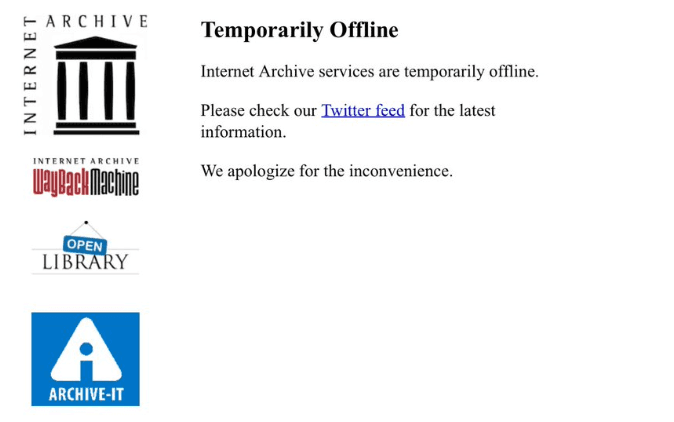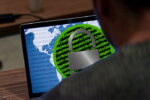The Internet Archive, a non-profit digital library renowned for its Wayback Machine service, has resumed partial operations following a significant data breach and Distributed Denial-of-Service (DDoS) attacks. The organization’s founder, Brewster Kahle, announced on Twitter that the Wayback Machine is now functioning in a “provisional, read-only manner,” allowing access to approximately 916 billion archived web pages.
The recent security incident exposed the personal data of 31 million users, including email addresses, screen names, and Bcrypt-hashed passwords. Troy Hunt, creator of the Have I Been Pwned data breach notification service, confirmed the authenticity of the compromised data. The stolen information was contained in a 6.4GB SQL file named “ia_users.sql,” with the most recent timestamp dating September 28, 2024.
Cybersecurity researcher Scott Helme verified the breach’s legitimacy by confirming that his exposed record matched the information stored in his password manager. This incident adds to the Internet Archive’s ongoing challenges, including legal disputes with publishers and music labels.
The hacktivist group SN_BLACKMETA, which has expressed support for the Palestinian cause, claimed responsibility for the initial DDoS attack. However, subsequent DDoS attacks have been attributed to the BlackMeta hacktivist group, suggesting potential coordination or copycat actions.
The Internet Archive has implemented several security measures in response to the breach. Kahle stated, “What we’ve done: Disabled the JS library, scrubbing systems, upgrading security.” The organization is working to enhance its infrastructure and prevent future incidents.
Similar Posts
Users attempting to access archive.org may encounter temporary service suspensions as maintenance continues. The “Save Page Now” feature, which allows users to archive web pages manually, remains unavailable. This limitation has disrupted workflows for researchers, journalists, and others who rely on the service for content preservation.
The breach has raised concerns about the security practices of non-profit organizations handling large amounts of user data. Cybersecurity experts emphasize the need for regular security audits, employee training, and advanced threat detection systems, even for organizations operating with limited resources.
The Internet Archive’s data breach is part of a broader trend of increasing cyberattacks on non-profit and cultural institutions. In 2023, the British Library faced a ransomware attack that disrupted its services for months. Similarly, the National Gallery in London experienced a cyberattack in 2022, highlighting the vulnerability of institutions preserving cultural and digital heritage.
As the Internet Archive works to restore full functionality, users are advised to change their passwords and remain vigilant for potential phishing attempts or unauthorized account access. The organization has not provided a timeline for complete service restoration, citing ongoing security improvements and potential further maintenance-related suspensions.
The incident has sparked discussions about the long-term implications for digital preservation efforts. The Internet Archive plays a crucial role in maintaining a historical web record, and this breach may impact public trust in such platforms. It also raises questions about the sustainability of non-profit digital libraries and their ability to protect vast amounts of data with limited resources.
The breach could increase scrutiny of the Archive’s security practices and influence policy changes in the digital preservation sector. The loss of user trust might have lasting effects on the Archive’s reputation and user engagement, potentially impacting its ability to fulfil its mission of providing “universal access to all knowledge.”
As the situation develops, the Internet Archive faces the challenge of balancing open access to information with robust security measures. The organization must navigate these issues while addressing ongoing legal challenges and maintaining its vast digital collections.
The breach serves as a reminder of the importance of cybersecurity in the digital age, particularly for organizations safeguarding large amounts of historical and cultural data. It underscores the need for continuous investment in security infrastructure and practices, even for non-profit entities with limited budgets.
The digital preservation community watches closely as the Internet Archive works to recover from this incident. The outcome of this situation may shape future approaches to securing digital archives and influence public perception of online historical repositories. The incident highlights the delicate balance between accessibility and security in digital cultural heritage preservation.







